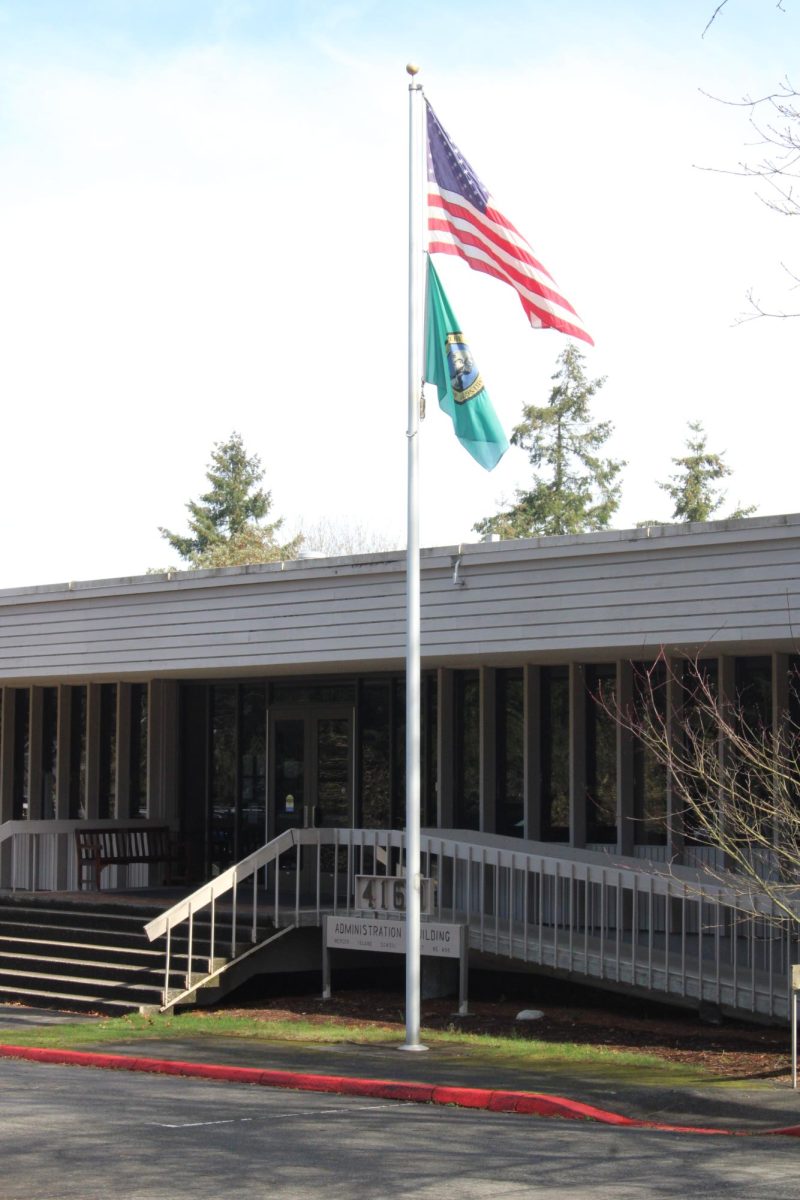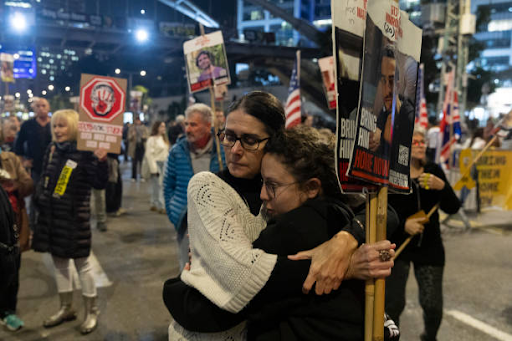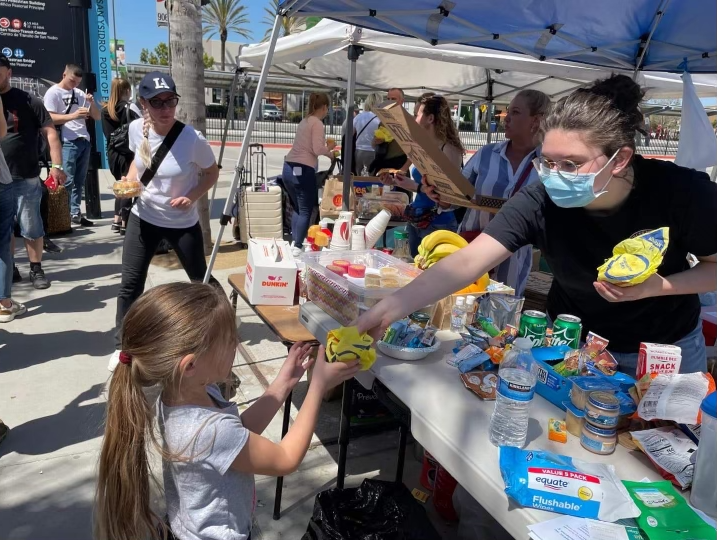By Grady Short
This message was written and sent to Secretary of State Rex Tillerson during the October 26 write-in. Visit www.tinyurl.com/mimyanmar for a list of resources and contact information if you want to write a similar letter to take action against this horrific genocide.
Secretary Tillerson,
I strongly encourage you to take action against the genocide currently taking place in Myanmar.
I’m a co-editor in chief of Mercer Island High School’s student newspaper, and a staff writer for our paper recently had the opportunity to interview Mohamad Imran, a survivor and refugee of the Rohingya genocide still going on in Burma, about his escape from his home country. His story struck a chord with me, particularly because I’ve heard similar ones from many members of my family. When my grandmother and her family fled Tibet in the late 1950s, they had to endure similar hardships and are still affected by these traumatic events. I’ve heard similar stories from Rwandan genocide survivors and Holocaust survivors; it seems that every generation experiences its own genocide which people look back on and swear never to allow again.
Yet it is happening again, and while this crisis has seen some media attention, the victims of this brutal slaughter deserve more help from us — as much as we can give.
As one of the strongest military powers in the world, the U.S. has the ability to help the oppressed, to help the targeted. Some might say that we should stay out of international conflicts like this one if they don’t immediately affect us, but I believe that not getting involved in this would indeed affect us down the road.
When we allow people to commit these horrific acts, we create a precedent as a country. If we idly stand by as innocent people are slaughtered, how does that reflect upon the morality of our leadership? How many more times will we allow these events to unfold before we, as a country, say “enough”?
I encourage you to do everything in your power as Secretary of State to act against the genocide, whether it means authorizing greater amounts of aid or accepting refugees. In the 1950s, my family in Tibet hoped for U.S. aid that they would never receive to any significant extent. Thousands of victims in Myanmar are doing the same now — I can only hope that this time we’ll get it right.
Thank you for your consideration,













